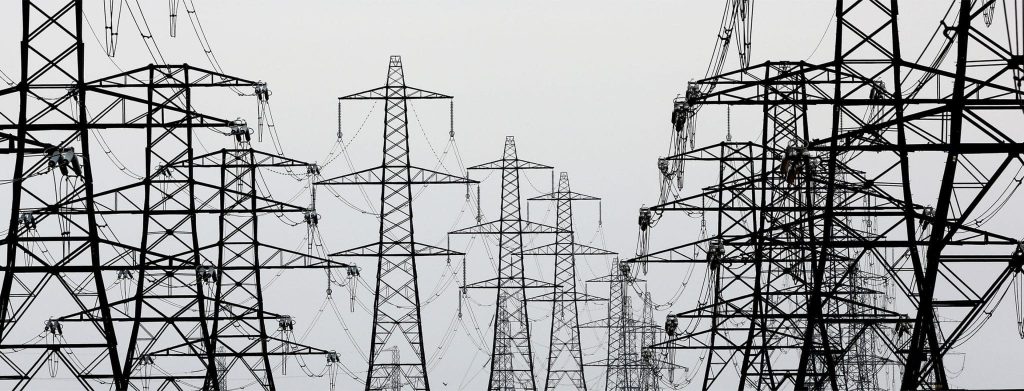
With the recent electricity tariff hike in Nigeria, the Organised Private Sector (OPS) has raised concerns that more than 65 percent of private businesses in the country could face closure.
In a statement released on Wednesday, OPS highlighted that the tariff increase comes at a challenging time marked by macroeconomic instability, inadequate infrastructure, and various supply-side limitations that are hampering the performance of the productive sector.
The Nigerian Electricity Regulatory Commission approved a significant 245 percent electricity tariff hike for band A customers who receive a minimum of 20 hours of power supply on April 3.
Expressing their apprehension, OPS pointed out that the tariff hike is likely to have adverse ripple effects, exacerbating the plight of Nigerians.
OPS stated, “The new tariff will have negative trickle-down effects, contributing to the impoverishment of Nigerians. This unwarranted increase will further fuel inflation, strain the disposable income of the average Nigerian, and potentially result in the closure of numerous private enterprises. The cumulative outcome could exacerbate the already high levels of unemployment and insecurity in the country.”
Despite the tariff hike, OPS highlighted the persistent issue of inadequate power supply nationwide, which continues to hinder businesses.
OPS appealed to the federal government to consider suspending the tariff hike to prevent a detrimental impact on the productivity of the economy.
Prior to this statement, various groups including Nigerians, the Nigeria Labour Congress, and the Trade Union Congress, have called for a reversal of the tariff hike.
